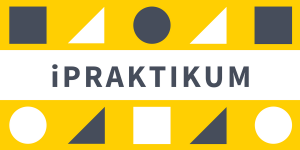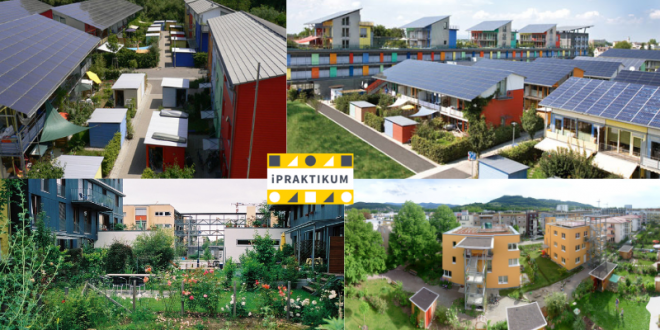After a year of developing relationships, visiting organizations on site, securing funding, and developing supporting structures and materials, our first cohort of students are on their way to Germany’s green capital to take up their placements with futurGenerator Toronto – Freiburg.
Pursuing a German Minor and a Major in Environmental Studies, Savannah Bein, who is also a School of Cities Undergraduate Fellow, has taken a placement with Agronauten (Agronauts), a nonprofit research association for sustainable food systems and regional economics. The Agronauten are committed to strengthening the integration of social and ecological aspects into agriculture, advancing alternatives to outdated economic paradigms, recognizing farmers as providers of food and protectors of landscapes, and stimulating public debate about nutrition and agriculture. On location, Savannah will be supervised by Peter Volz, who holds postgraduate degrees in social sciences and environmental studies. Peter is a member of the “Community Supported Agriculture Research Group” and works at the European Network “Access to Land”. He is interested in the relation of society and agriculture plus the building of sovereign and local food systems. Savannah is assisting with the organization of a community garden and preparing a sustainable agriculture-themed festival. She is also learning a lot of German!
Lucy Hawkes is a second-year student pursuing a Bachelor of Commerce at Rotman and the recipient of a Governor General’s Academic Medal. With family ties to Germany, Lucy is applying and deepening her academic skills at the Innovation Academy, a nonprofit organization whose programming includes specialized trips, excursions and educational tours on the themes of innovation and sustainable development. Topics encompass mobility and urban planning, architecture and the rehabilitation of old buildings, energy transition and renewable energy, climate and environmental protection, organic farming, water and waste management. Lucy is supporting and participating in various environmental education activities and workshops around the topic of urban sustainability, such as the ‘Small Town Sustainability’ project. She is also conducting research and preparing materials. Lucy’s mentor in Freiburg is Hans-Jörg Schwander, who took degrees in landscape planning and education before shifting his professional focus to environmental education.
zusammen leben (living together) is hosting two U of T interns in different capacities: Shiyuan (Gabbi) Zhao and Tanvi Gokhale. Gabbi is a third-year double major in German and English, who also featured in this year’s student theatre production of Iffland’s ‘Der Komet’ (The Comet). Tanvi is a first-year cognitive science student who plans to minor in German. She applied to futurGenerator in order to learn more about an area that is outside of her field of study. zusammen leben is dedicated to promoting social integration by creating personal encounters between refugees, migrants and people living in Germany. To enable such personal connections, they devise simple, low-threshold formats to open up spaces for encounters and communities of civil society. These spaces include a community garden, café, and gatherings for storytelling and singing. Gabbi and Tanvi will be supporting a number of initiatives at zusammen leben, including a ‘Food Relations’ workshop dedicated to sustainable food production and cultural and social events. They will also be working on two special projects. Gabbi will be creating an info booth for the Agrikultur Festival in late July and Tanvi will be conducting a market analysis of organic and regional products. Community garden project coordinators Johanna Dangel and Stefanie Koch will be mentoring on site.
During their placements, our interns are in weekly contact with iPRAKTIKUM leads Stefan Soldovieri and Helena Juenger, who will also travel to Freiburg to check in for this first installment of the futurGenerator program. Those interns intending to receive course credit are keeping a weekly journal and will make a poster presentation of their experiences back in Toronto. Requirements also include an exit interview and academic paper that develops a particular theme from the internship experience.

 Department of Germanic Languages & Literatures University of Toronto
Department of Germanic Languages & Literatures University of Toronto
